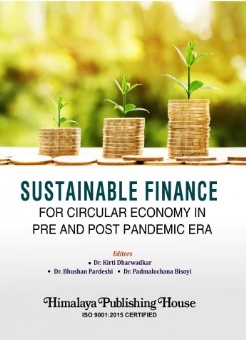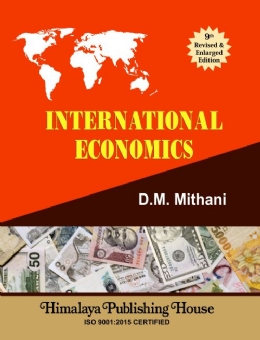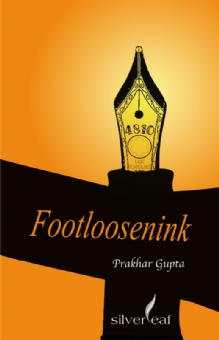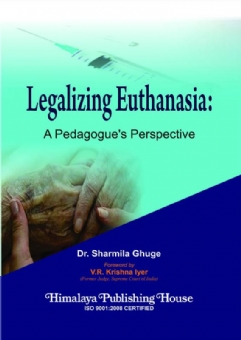It gives us the immense pleasure to release the Conference proceedings on the title ‘Sustainable Finance for Circular Economy in Pre and Post Pandemic Era’.
A shift to a circular economy is not an option but an inevitable response to a growing world population, increasing prosperity, and limited availability of natural resources. Transitioning to a circular economy involves great business chances and can create new employment opportunities. The finance industry also has key roles to play in facilitating a shift to a circular economy. The finance industry has done significant work on how to assess and communicate risks related to climate change. As a result, the industry has developed knowledge and scenario analysis tools, and gained experience in working with data from natural science. This will make it easier to address also other sustainability issues, including circularity and resource-related risks, in a more holistic manner. There are strong linkages between climate change mitigation and circular economy, which can help to stimulate investments in circularity.
The circular economy can contribute to achieving several of the Sustainable Development Goals (SDGs). However, the SDGs most directly associated with the circular economy are severely underfunded, with financial support mainly limited to waste management and recycling projects. Furthermore, most instruments aimed at financing the circular economy currently only target high-income countries and companies. For the circular economy to make more substantial contributions in the SDG context, there must be a significant increase in financing for higher value circular economy opportunities across value chains and in support of the scaling of circular business models. Support for low and middle-income countries in the transition from a linear to a circular economic model is crucial, particularly in the context of the COVID-19 recovery. Policy instruments are key to de-risking and incentivizing financial investments that target circular economic development. Instruments such as blended finance and investment guarantees that support public-private collaboration and financing of the circular economy offer a wider range of possibilities to scale circular economy finance and investments. Official overseas development assistance, public funds, impact investments and philanthropic giving can leverage private investments and de-risk early-stage investments. Strong policy frameworks, such as national action plans and roadmaps for the circular economy; recycling and resource efficiency targets; blended finance; and investment guarantees, form a precondition to attract sustainable funding through foreign direct investment. Public sector support will require continuous monitoring and improvements as part of de-risking investments to ensure sustainable and equitable outcomes. For circular economy finance to become sustainable and socially inclusive, it will be necessary to adopt and internalize new ideas, such as the concept of a ‘just transition’. While it is not a one-size-fits-all approach, a just transition keeps track of impacts on stakeholders in relation to corporate accountability: who are the winners and losers of these system changes, and how circular economy finance can better support social inclusion and equality of access to the opportunities created by the circular economy.
The book brings together leading Academicians, Industrialists, Management Professionals, Researchers and Entrepreneurs, in the domain of interest from around the world.
Contents –
1. Responsible Circular Practices for a Circular Economy
– Aditi Londhe & Meghana Mane
2. Sustainability Reporting
– Joylyne Steven Mascarenhas
3. Influence of COVID – 19 on Indian Dairy
– Shubhangi Dadaso Lonkar, Santoshrao G. Mali, Ashlesha R. Mungi & Vitthalrao B. Khyade
4. Green Finance – Sustainable Financing in Pre and Post Pandemic Era: A Study
– Ketaki Nandkumar Madane
5. Sustainable Global Economic Growth
– Ms. Ruchira Pawar
6. An Overview of Sustainable Investing
– Omkar Shete & Meghana Mane
7. Value Creation
– Kusum Chauhan
8. Putting India on An Accelerated Path to Build A Circular Economy
– Lata Yadav Maindad
9. Sustainability Standards: GRI Standards, Integrated Reporting Framework, SASB Standards
– Shruti Sawant
10. Circular Economy and Competitive Advantage: A Win-Win for all the Stakeholders
– Netra S. Terdal & Ashalata Terdal
11. Human Rights
– Junaid Shaikh
12. Sustainability in Social, Environmental, Human Rights and Value Based System
– Biradar Bhakti Dattatray
13. Green Finance
– Jibran Farooqui
14. An Overview of Fintech
– Kartki Ratnadeep Shirke & Meghana Mane







